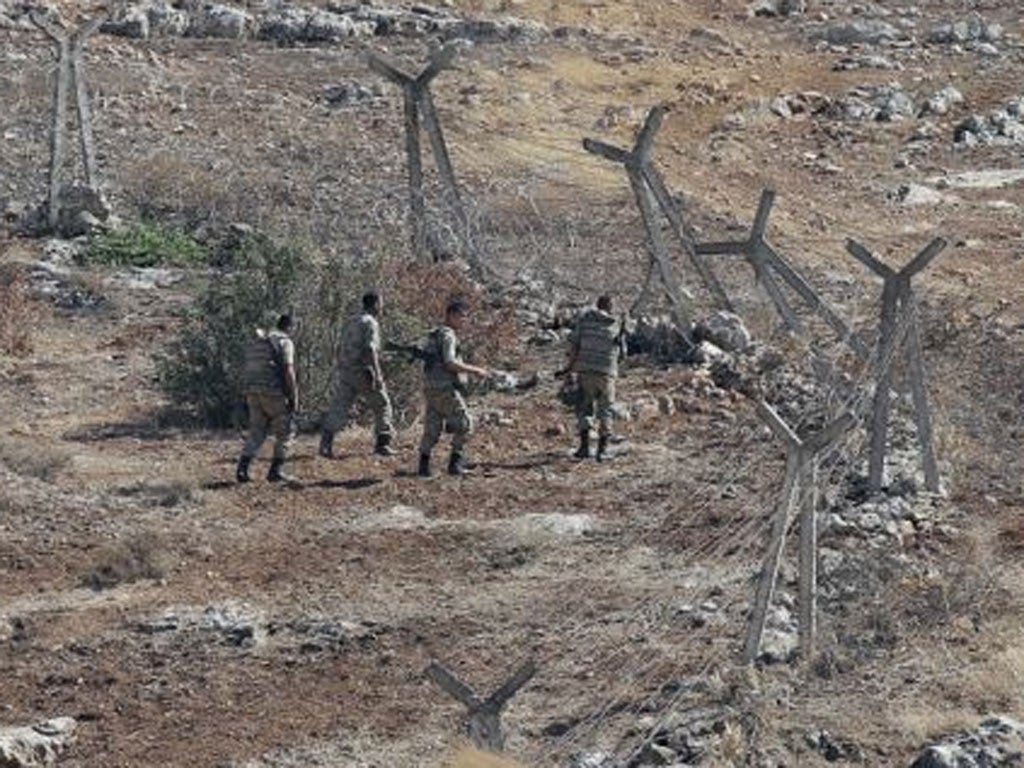Syria crisis: The teetering balance of power has whole region on edge
Israel’s position is firmly based on its own self-interests


Every country in the Middle East is reacting in its own egocentric way to the prospect of the US launching a military strike against Syria. For all their proclaimed concern for the human cost of the crisis, Syria’s neighbours worry most about the effect of US actions on the regional balance of power and its impact on long-standing conflicts and confrontations such as those between Israel and its opponents, Saudi Arabia and Iran, Sunni Muslims against Shia and the US against Russia.
Israel’s position is firmly based on its own self-interests: It wants a US-led strike strong enough to weaken President Bashar al-Assad and his armed forces making it impossible for him to win the civil war in the long term. But Israel appears not to favour air attacks so powerful that they cripple the Syrian government military machine and hand victory to a militant Sunni opposition movement with links to al-Qa’ida.
Israel is now declaring publicly what many in the Middle East have suspected has been the real policy of the US and its allies. This is to see a continuing conflict in which the two sides wear each other down as a better outcome than the decisive victory of either. “This is a playoff situation in which you need both teams to lose, but at last you don’t want one to win,” said Alon Pinas, a former Israeli consul general in New York, to The New York Times. “Let them both bleed, haemorrhage to death: that’s the strategic thinking here. As long as this lingers, there’s no real threat from Syria.”
The Israeli view is of peculiar importance in determining US military action, if it occurs, because President Obama is looking to pro-Israel lobby groups for support in lobbying Congress in favour of military action. Israel does not want the US and its allies to ease off Iran over its nuclear programme in order to win Iranian co-operation in Syria.
Russia wants Iran to attend a peace conference in Geneva, which the US and Russia have planned since May, since it is a major player in Syria. Iran is adamantly opposed to US intervention and it is possible but unlikely that Iran, Syria or Hezbollah, will retaliate against the US or Israel in the event of a strike.
The Iranians have hitherto fully backed Syria, seeing the war as being aimed at depriving them of a crucial political and military ally. Hezbollah likewise sent its forces to fight just across the Syrian border in Qusayr, but does not appear to want a deeper commitment.
Turkey is Syria’s neighbour most directly involved in the war since rebel units and military supplies have been allowed to cross freely into Syria. The Prime Minister, Recep Tayyip Erdogan, has called for an all-out US attack aimed at overthrowing Mr Assad and his government. But this policy is unpopular among Turks and Mr Erdogan is paying a mounting political price for his unstinting support for the Syrian rebels.
Join our commenting forum
Join thought-provoking conversations, follow other Independent readers and see their replies
Comments
Bookmark popover
Removed from bookmarks